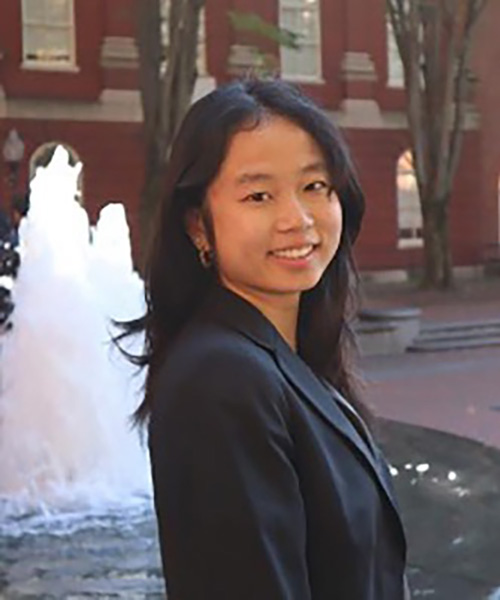
Beyond the Headlines: Bridging Divides through Dialogue
Zifei Zhao | May 15, 2025
Responding To: Georgetown Students Reflect on Virtual Exchanges with Tsinghua University
Luke Hughes
There are two aspects of my life that prepared me most for my experience as a member of this cohort of the U.S.-China Student Dialogue.
As a graduate of a Jesuit high school and student at the oldest American university of the Society of Jesus, I have long valued mottos such as “women and men for others.” The six years I have spent in this unique education system have been six incredible years of engaging in intense class-wide discussions, researching the world’s unanswered questions, and using my education as a force for good in society. Fr. Dennis McNamara, S.J., an affiliate of the Initiative for U.S.-China Dialogue, inspired my application to this opportunity of intense dialogue, calling it an experience rooted in Jesuit values.
Secondly, my time as the protocol and special events intern for the Sergeant at Arms of the United States House of Representatives helped me appreciate the preparations ahead of high-stakes discussions. Small details such as the appropriate color choice by a foreign leader for their tie facilitate the signing of agreements that uphold the global order. Observing from the sidelines in the U.S. Capitol opened my eyes to the work of countless individuals keeping our government functioning, work that appears insignificant to many.
Through these experiences, I have learned that proper structures yield effective results. Our four Zoom dialogues have allowed me to live out my Jesuit education and protocol background in action. Each session had a guiding theme, such as climate change and technology. Yet before diving into the packed subjects, my breakout groups always happened to first discuss similarities between the lives of Chinese and American students. We compared our transportation routes to school and our dormitories. We joked about sleeping through morning classes and missing club meetings during busy weekdays. One of our Tsinghua University counterparts commented that Daniel, a Georgetown student, “sounded like Alexander Hamilton.” Preceding conversations about lethal autonomous weapon systems and competition in the electric vehicle market were light hearted conversations about our shared humanity.
The U.S.-China Student Dialogue is a framework that produces meaningful impacts and cross-border flows of thought. Our cohort of over two dozen yearned for a better understanding of each other's cultures and how our unique backgrounds form our approaches to world politics. We heard from Tsinghua University Professor Da Wei that his students in China learn the “two kinds of security,” one objective and the other subjective. Similarly, Georgetown University Professor Joanna Lewis shared that she teaches her students that the hyper-partisanship of environmental protection can end. These insights from academic leaders prove the importance of what a university teaches and how it operates. This messaging will be used by the next generation of leaders and business executives.
U.S-China cooperation and competition is about the societies, and classrooms, leaders are formed in. I hope that Georgetown continues this program and that other institutions replicate it. Facilitating dialogue between us students, unique voices who add to the conversation, will drive the future of relations between our countries. My Jesuit education and protocol background prepared me well for this moment.
Luke Hughes (SFS’27) is a student at Georgetown University studying science, technology, and international affairs.

Zifei Zhao | May 15, 2025
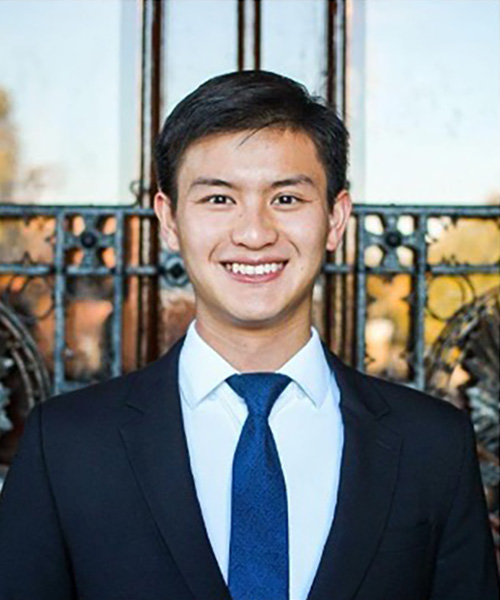
Bennie Chang | May 15, 2025

Aanika Veedon | May 15, 2025
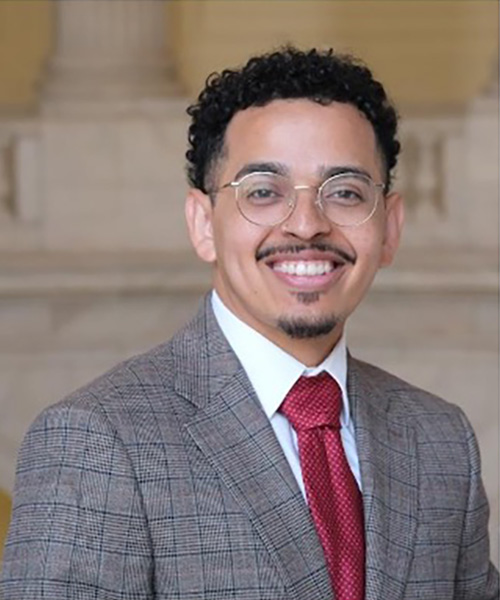
Daniel Castro Bonilla | May 14, 2025

Emmy Ekstrand | May 14, 2025

Isabella Stratta | May 14, 2025

Lam Tran | May 14, 2025
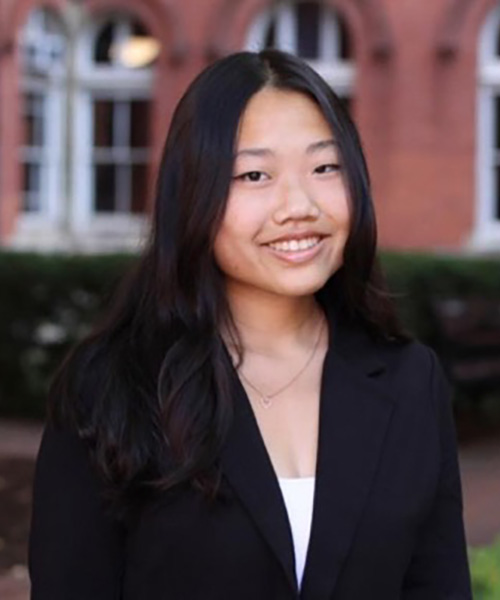
Maggie Yang | May 14, 2025

Tiffany Cowan | May 14, 2025

Drew Zacharias | May 14, 2025
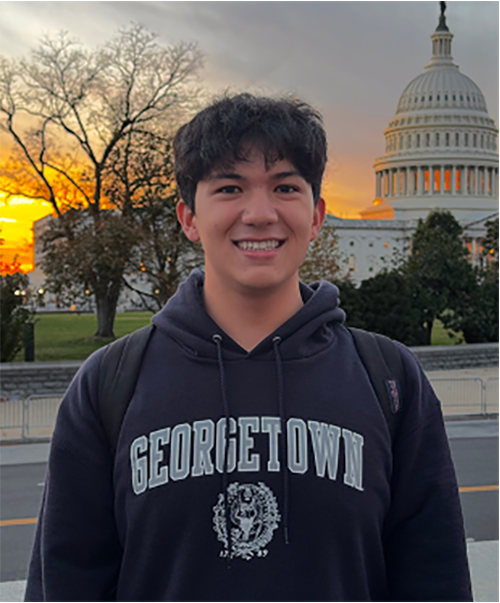
Patrick Coggin | May 14, 2025
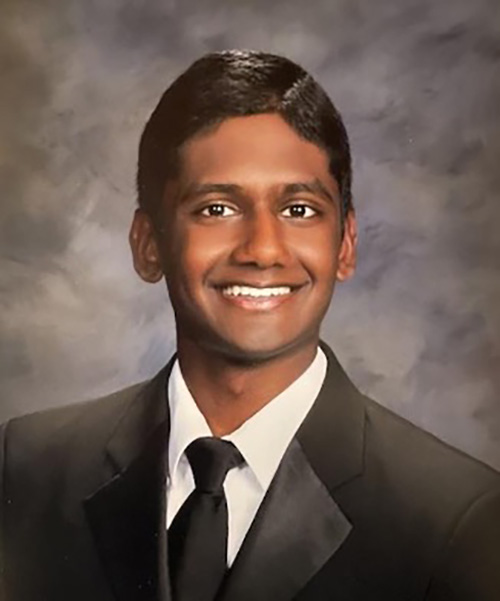
Raghav Akula | May 14, 2025